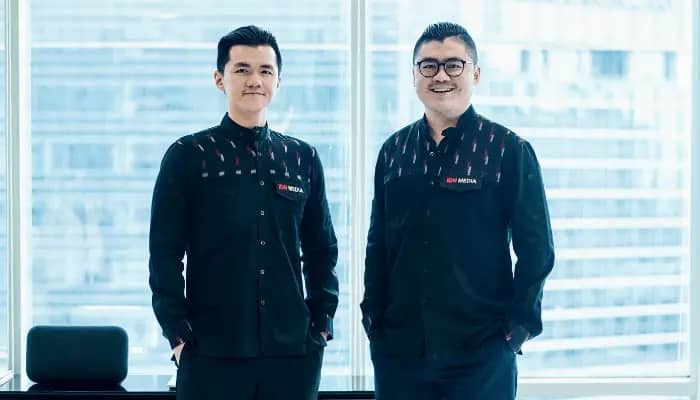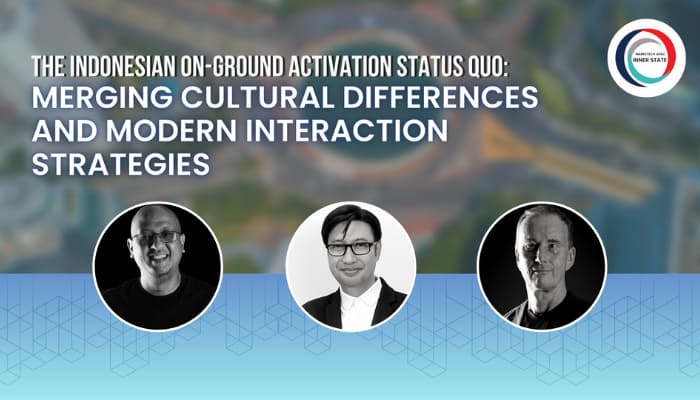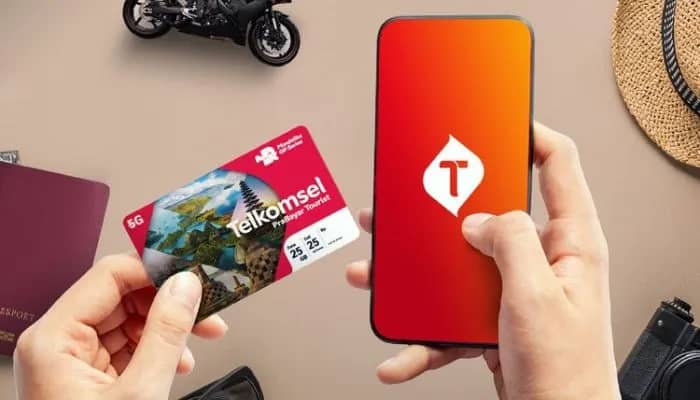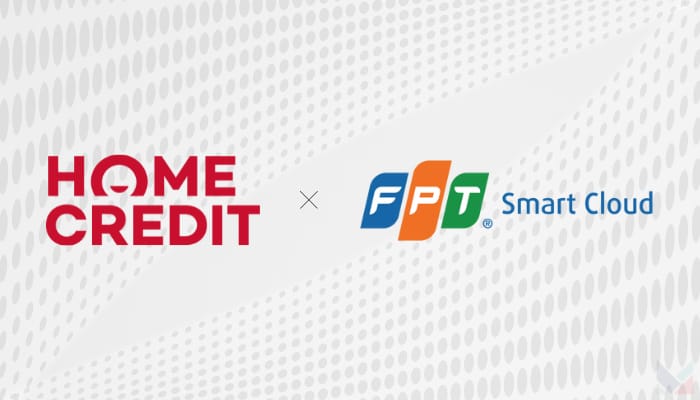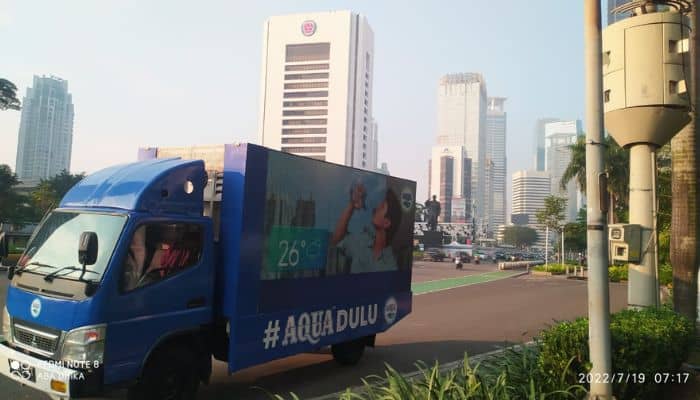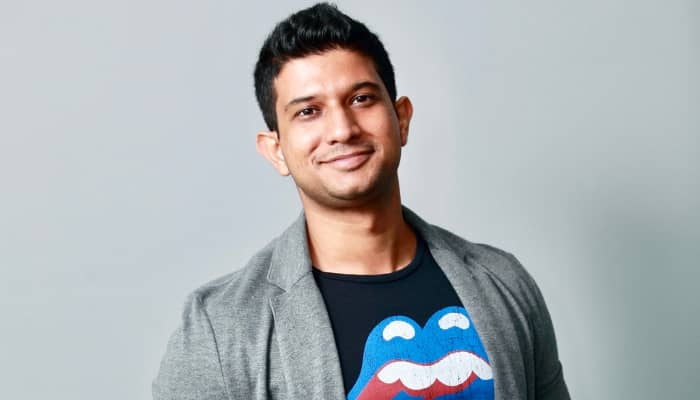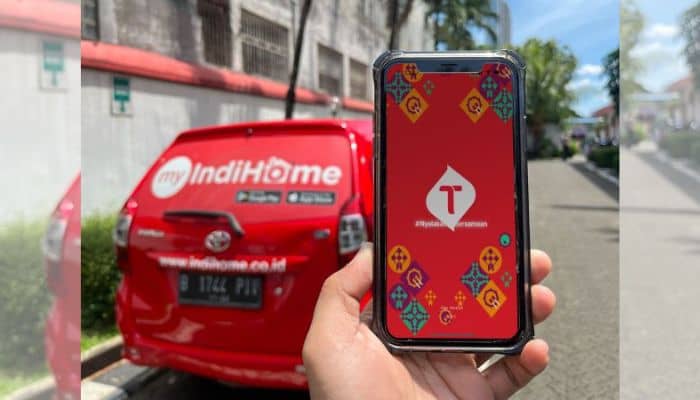The post-pandemic scenario presents opportunities and hurdles for on-ground activations, especially with marketers now facing the pressing task of rebuilding consumer confidence in participating in public events while adhering to stringent health and safety protocols.
Leveraging technology and data-driven insights, brands can strategically identify and target specific audiences to curate smaller, more intimate activations that ensure attendees’ safety while maximising engagement.
The pandemic has also given rise to hybrid event models, blending in-person experiences with virtual elements to reach wider audiences and enhance overall brand reach. Moreover, sustainability and social responsibility have gained prominence, compelling brands to incorporate meaningful initiatives into their activations, resonating with socially conscious consumers. But this begs the question: how do we merge these modern strategies with the plethora of various cultures in such a diverse market, such as Indonesia?
To learn more about how the on-ground activation scene in Indonesia works, MARKETECH APAC’s deep dive series The Inner State spoke with industry leaders Aji Harsono, business director at M&C Saatchi Shopex; Mike Forster, marketing consultant for Southeast Asia; and Rolly Pane, managing director at Clozette Indonesia, to know about their insights on the recent changes on on-ground activations in the local market, how they are adapting to these changes, and what industries could tap more into this.
The marriage of digital channels and marketing creativity to the local on-ground activation scene
In terms of what changed in the local on-ground activation scene at a post-pandemic time, all of the marketing leaders have agreed that utilising more channels has helped them amplify further their existing on-ground activations. And while these channels were previously used before the pandemic, usage of these strategies was more amplified, especially with many customers also wanting to check out these branded experiences.
For Clozette’s Rolly Pane, they are no stranger to these types of activations, considering how they have implemented it previously for campaigns with their clients. However, he noted that a key change during these post-pandemic times is that aside from their on-ground activation campaign, they now need to make sure that broadcasting it across their social media channels is a necessity.
“We saw [a trend that] where client the is getting more [traction] from their ongoing activations because they were hitting more people, [and] that [they] could attend their event compared to the ones that are actually there in the room with them,” he said.
Meanwhile, for marketing consultant Mike Forster, he noticed that many consumers were genuinely interested in how these new types of digital channels can change their perception of on-ground activations, and how these can change their relationship with the brands they love and support.
Moreover, he notes that with pandemic restrictions now easing out, many consumers are yearning for more social interactions.
“They want to have that communal experience and be together. And that’s great for activation, but they also expect that experience now to be hybrid. And that’s partly because of what we’ve all been through. I think, [during] the pandemic, the introduction of new technologies [and] a lot of contactless technology, [as well as] how technology changed experience during the pandemic now means there’s an expectation there about that should happen still now,” Forster explained.
For M&C Saatchi Shopex’s Aji Harsono, a key change that was evident was that with many consumers spending more time indoors during the pandemic, the demand for more face-to-face interactions are returning, including engaging in on-ground activities. Moreover, he noted that as consumer behaviour changes, on-ground activation strategies should keep pace with it.
“The habit of the consumer is changing a lot. People usually interact with the product directly face to face. They can feel the brand, but during the pandemic, everything is [moved] to be online. We need to fairly consider also, not only the mechanism and the flow but also what the consumer needs,” he said.
How mobile event trucks can help shape the local on-ground activation scene?
When asked if mobile event trucks are a thing in the local on-ground activation scene in Indonesia, Pane noted that while he hasn’t seen a brand doing an activation using this, there is great potential in this type of activation, provided that issues such as permits and logistics can be fixed. Additionally, Pane believes that using a mobile event truck works out if it can visit one place and another to allow customers to experience a brand’s product or service.
“I think it all goes back to what kind of content you want on the mobile event truck. It can actually be treated as a stage, so you can actually have a talk show on the truck and set up down there, where people could be participating in it. You can actually have performers to go live in the whole get-together,” he said.
Forster also echoed Pane’s sentiments, adding that a mobile event truck is a fantastic way of taking a brand experience to audiences outside, creating a ‘theatre’ for the brand. Moreover, it is also great to reach audiences who are in rural areas, and who are otherwise unreachable from mainstream digital channels for brand experiences.
“You can get the truck to be whatever you want it to be. Whether it’s more entertainment, educational, or info style or even whether it’s more just a show and less interactive even, depending on what your brand is and who your audience is, you can tailor the mobile truck experience to all those different looks and all those different fields,” he said.
Meanwhile, for Harsono, the idea of having a mobile truck activation is great in terms of bringing the brand experience to the consumers, not having the consumers do the effort in finding that experience to satisfy them.
“We come to the consumer, not the consumer comes to us. The benefit also is when we do the on-ground activation with the truck, it also becomes the mobile branding [for the client],” he said.
How to make your on-ground activation stand out: tips and best practices
For Forster, the reason why mobile truck experiences can do better than many other communication channels and en route is they can change consumer behaviour. He also added that through this, brands can move consumers closer to them being converted to choose that particular brand by offering them that experience on a mobile truck that gives them entertainment, information, and sampling all in an interactive and equal measure.
“I think it’s very important that the team that you have manning the mobile truck really embody the brand’s values and understand the consumer group very well. Because no matter how good your actual experience is, if your team doesn’t live it, and they’re not able to deliver it a hundred per cent, then that level of engagement won’t be there,” he said.
Forster also added that there are several tips marketers should consider to properly deliver a hybrid brand experience, which also integrates on-ground activations: (1) think virtual first, (2) redefine success metrics, (3) drive separate physical and digital experiences, but make them work together, (4) prioritise the latest trends, and (5) create a multi-tiered experience.
“If you create this multi-tiered experience, it enables everybody to engage at the level that they feel comfortable with, but also, it rewards those who understand your brand a bit better or those who are already consumers because they already have that prior experience. If you can create an experience that has that impact on people emotionally, then you’re gonna hit home and they’re gonna give you a bit more of their time to fully enjoy the brand experience,” he said.
Meanwhile, Pane said that in order for an on-ground activation to work, introduce a well-known persona to be the one driving the engagement in the event. For him, this puts the perception of the attendees that their time spent here is worth it.
“Create something that will get their attention and their interests, because I think the moment that you’re able to gather interest is another effort for you to create something that will make them stay right during the entire on-ground activation campaign,” he said.
Lastly, Harsono said that with consumers getting smarter nowadays, it’s important for brands to make sure that their marketing strategies are made with genuine intentions, and not just another stunt to lure consumers.
“They know (the consumers) what is real or fake marketing. We need to fairly understand the consumer, but also how to bring honest experiences to them. We can create something unique or experimental, as offering these experiences is very important to the consumer,” he said.
This feature is done in partnership with Unicom Marketing.
Unicom Marketing is an event management company spanning Southeast Asia that provides full-service such as roving event trucks, on-ground activation, online digital activation, and virtual event management.

